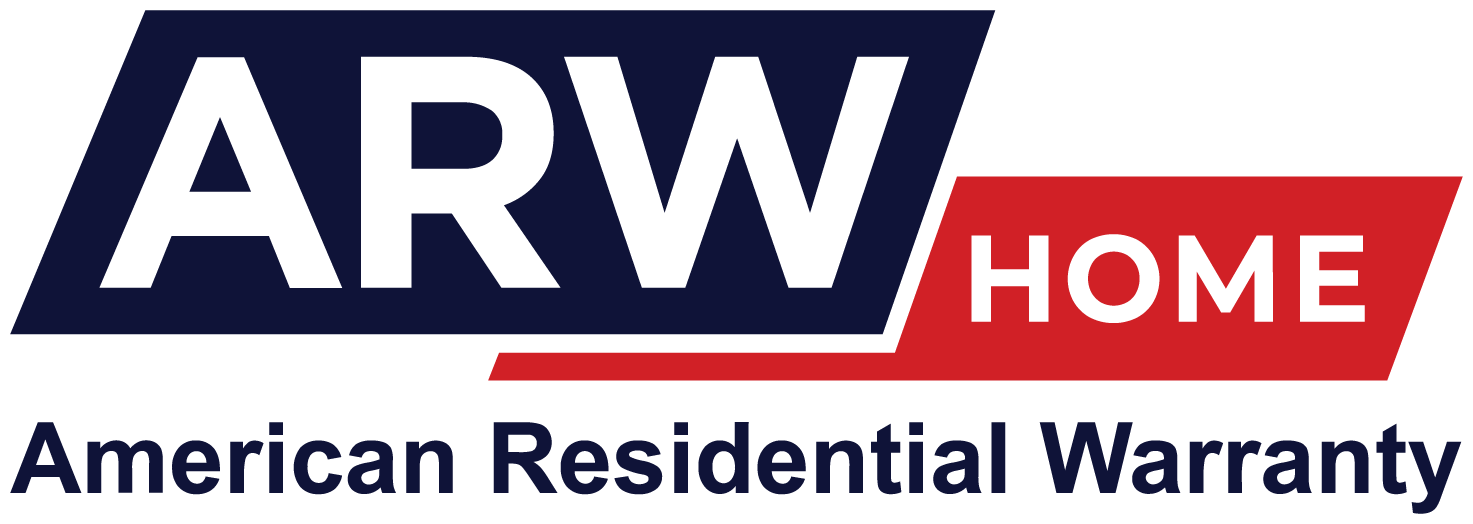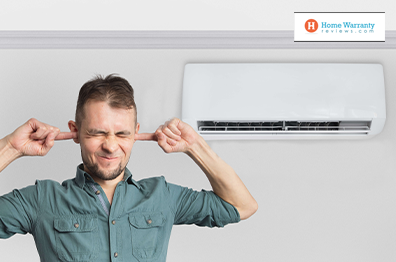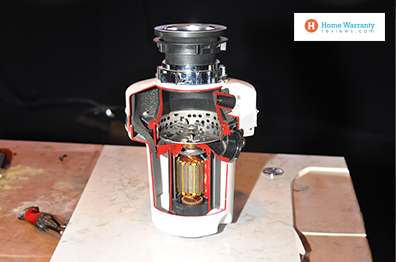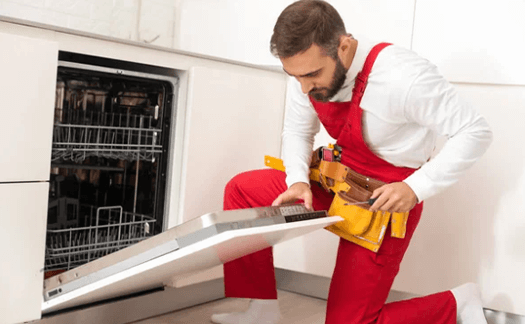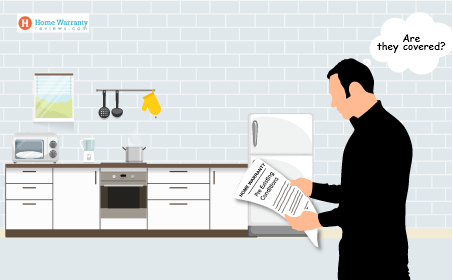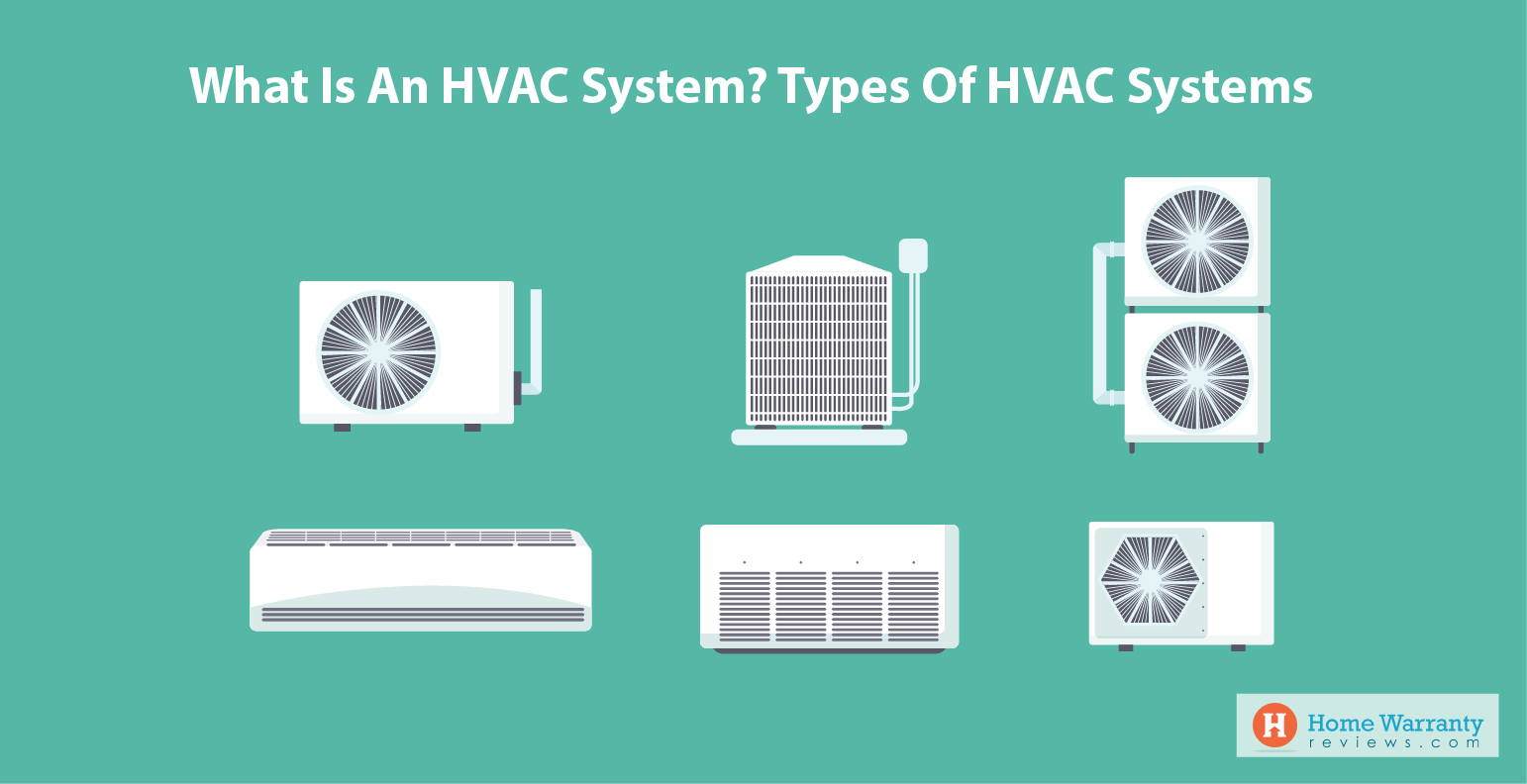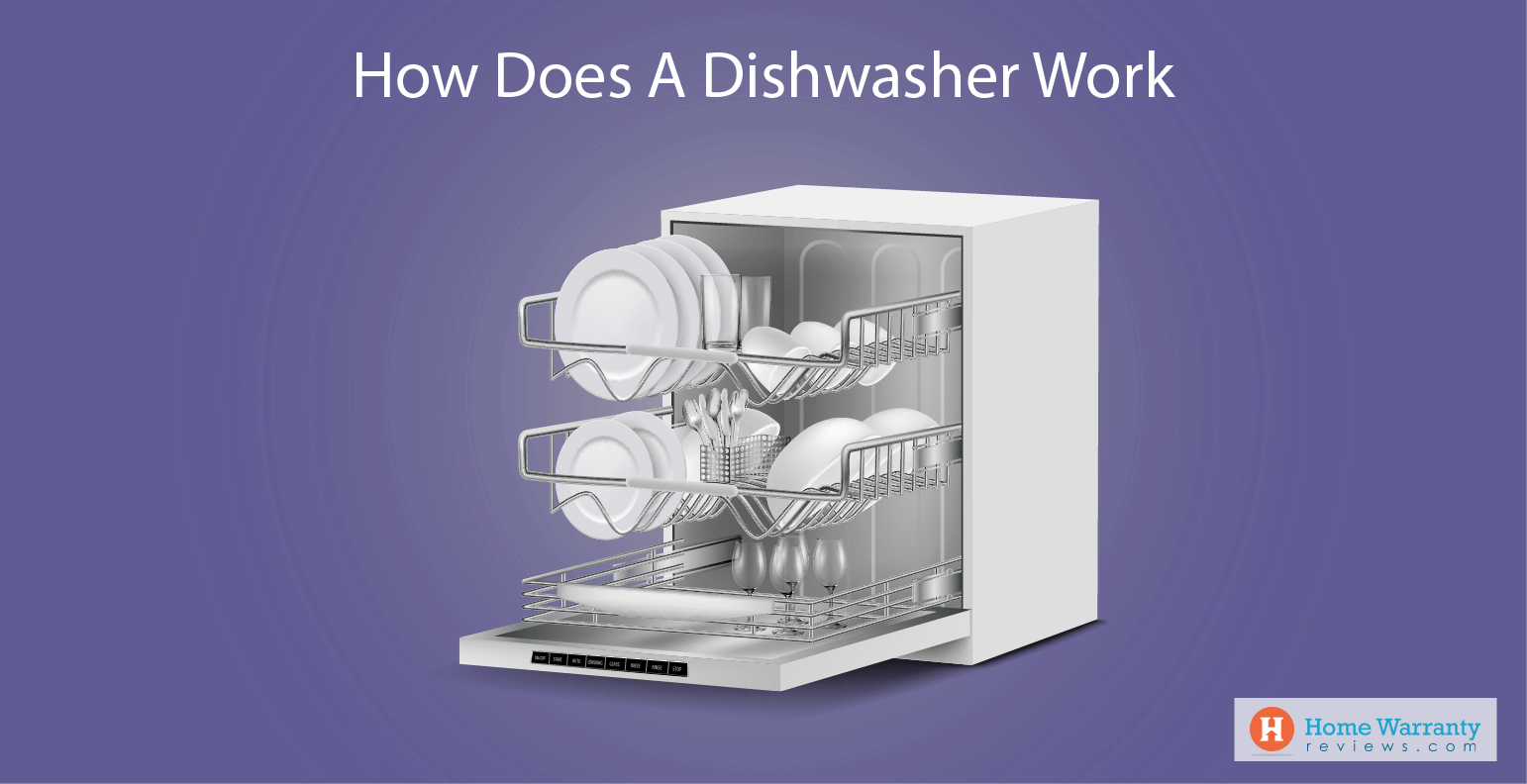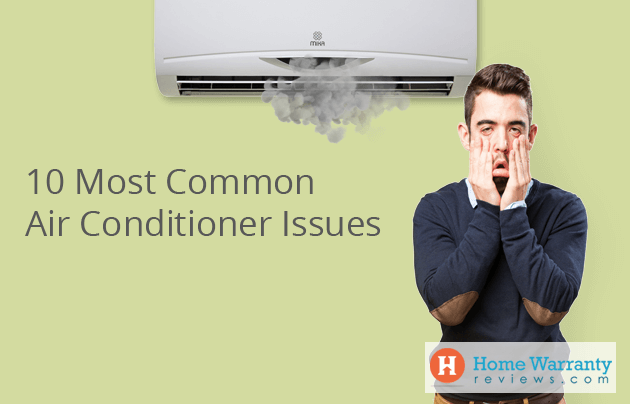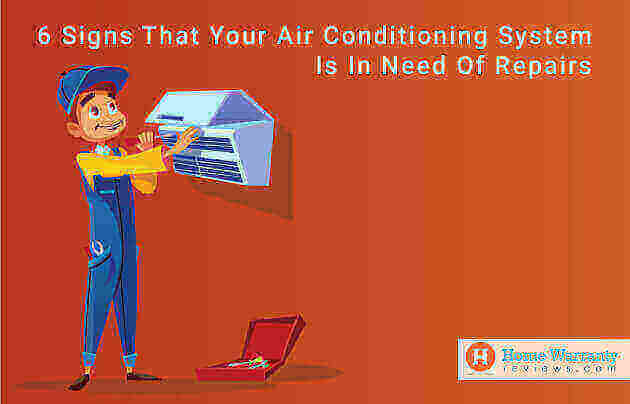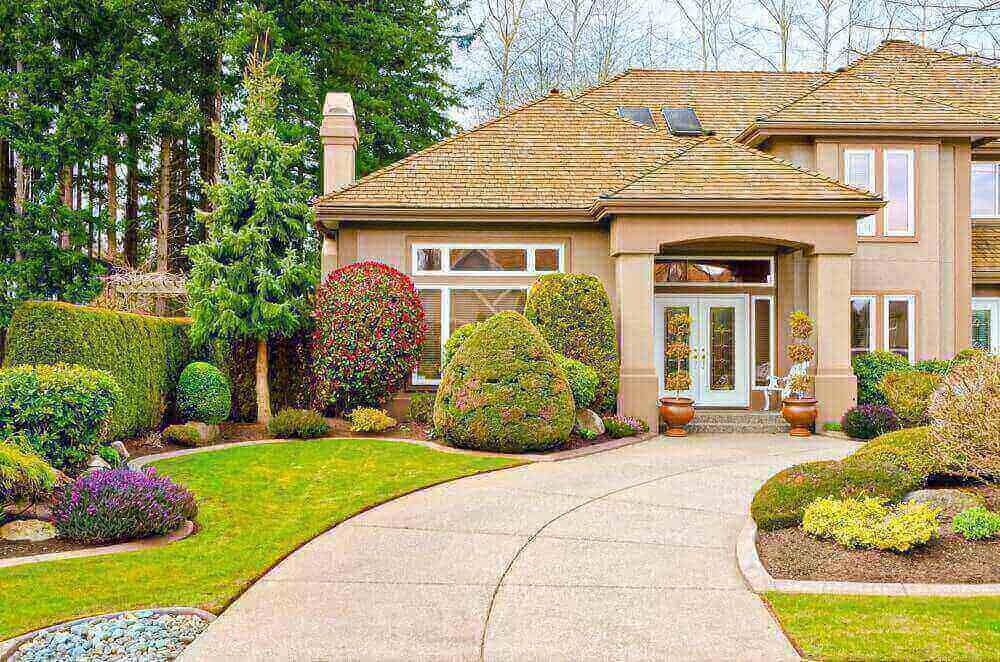 Last updated: December 18th, 2023
Last updated: December 18th, 2023
A Comprehensive Guide to the Best Energy-Efficient Appliances for American Homes

The U.S. total energy production showed an increase in energy production over total annual energy consumption since 2019. And now, it’s high time to turn towards eco-friendly living as the natural resources are depleting to preserve the environment for future generations.
One of the ways homeowners can be a part of the eco-friendly lifestyle is turning towards clean energy. It is one of the ways to maximize the way that one uses the resources at home. There are several reasons why homeowners should move towards a greener lifestyle to save energy, money, and more.
This guide will cover the environmental benefits of using energy-efficient appliances. Also, we will highlight the different government incentives and rebates offered to the citizens who choose to go green. Let’s get started!
Environmental & Cost Benefits of Using Energy-Efficient Appliances
With the advancement of technology, society has become more dependent on different appliances. As helpful as these items are, they can cause greenhouse gas emissions and increase carbon footprint. That is one of the reasons why you, as a responsible citizen, should shift towards energy-efficient appliances.
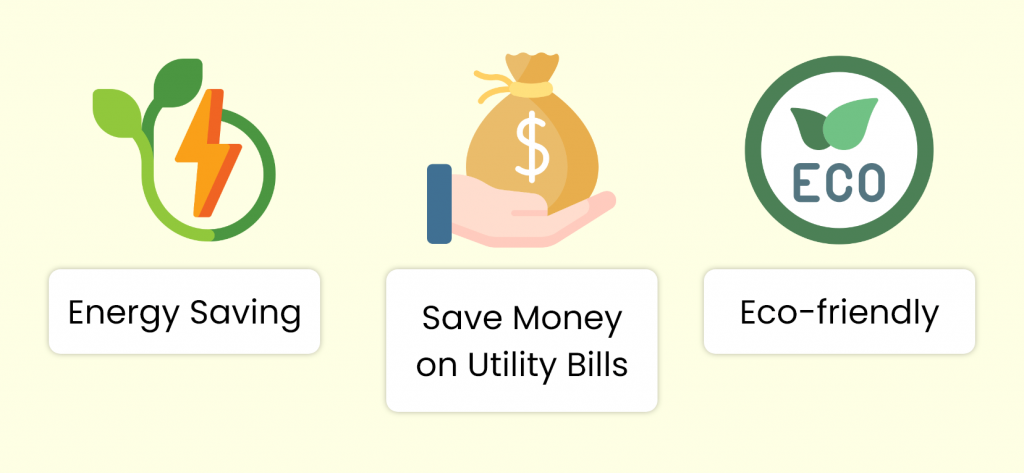
You can save up to 30% on monthly electricity bills from choosing to go green. In this section, you will learn about the benefits of energy-saving appliances:
- Energy Saving
Switching towards a greener source will help save energy and minimize the energy required to do daily tasks. - Save Money on Utility Bills
Besides reducing the negative environmental impact, energy-saving appliances will also help save money on utility bills. New research indicates that going green can save US households $321 billion annually.
The energy-saving appliances need less electricity, significantly reducing the home’s energy bills. You should choose ENERGY STAR-rated models to move towards a brighter and healthier future. - Eco-friendly
Moving towards ENERGY STAR models is an eco-friendly way to help save the environment. It will also help to reduce the carbon footprint and decrease the burning of fossil fuels.
How To Look Out For Energy-Efficient Appliances?
When purchasing a new appliance, here are some tips that you should look out for while shopping for energy-efficient appliances:
- ENERGY STAR Label Is Essential
ENERGY STAR is the sign for energy-efficient appliances. Created by the U.S. Environmental Protection Agency and the U.S. Department of Energy, it helps consumers understand the product’s energy efficiency. This helps you save money and minimize environmental damage in the long run.
Ensure your appliance has an ENERGY STAR label, as the government backs it. The EPA (Environmental Protection Agency) helps customers make informed decisions for the betterment of society. - Comparison of Costs
While selecting the cheapest option might look good, it won’t benefit you in the long run. As important as looking at the cost associated with a new appliance, it is vital to check whether it is safe for the environment. Compare the costs related to all models to make an informed decision. - Go through the EnergyGuide
The EnergyGuide will provide information about appliance make, model, and size. It will also include the estimated operating cost of the
Energy-Efficient Appliances Overview
Here is a list of the best appliances for energy-efficient homes in recent years:
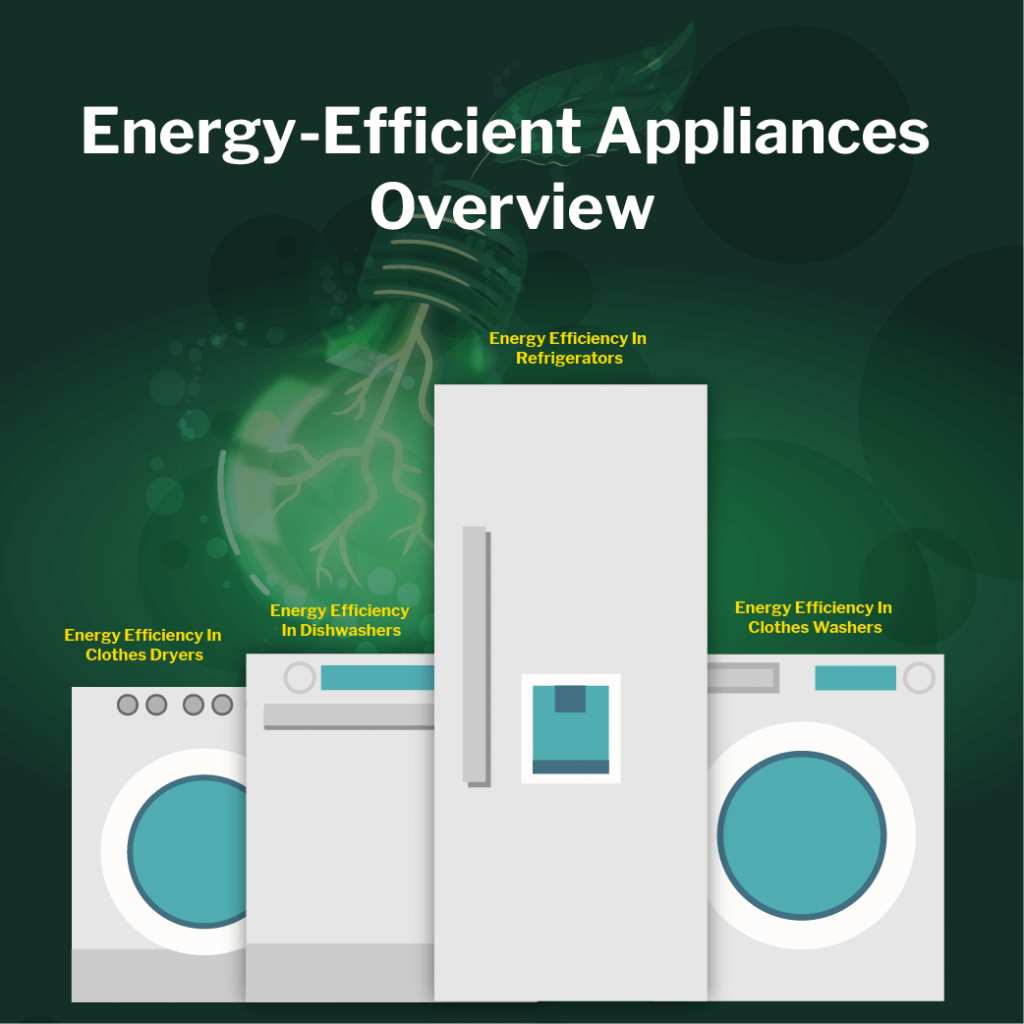
- Energy Efficiency In Clothes Washers
The buyers must consider buying one of the two options: Standard-size ENERGY STAR Top Loading washers or the ENERGY STAR Front Loading washers. Both are found easily and have recorded water and energy savings up to 50% more than older non-rated models. Here is a comparison of both the rated and non-rated models: - Energy Efficiency In Clothes Dryer
Many dryers come with technologically advanced options such as air-dry options, and cool or permanent press cycles. They consume less energy and take care of clothes. While purchasing a new clothes dryer, be sure to consider all the criteria which include color, make, style, price, and energy efficiency. Some of the topmost choices for efficient clothes dryer include Blomberg- DHP24404W, Beko-HPD24414W, Miele-PDR908HP, and Asko- T411HS.W.U. Most clothes dryers are highly similar regarding energy rating, and when it comes to a washer and a dryer combined, the dryer is known to use more energy. However, while purchasing a new clothes dryer, it is sensible to consider more other than just color, make, and style.
Many dryers come with technologically advanced options like air-dry options consume less energy and take better care of clothes. The most efficient clothes dryers of the year 2023 include Blomberg- DHP24404W, Beko-HPD24414W, Miele-PDR908HP, and Asko- T411HS.W.U. - Energy Efficiency In Dishwashers
Dishwashers have revolutionized how dishes are cleaned ever since they were invented. Considering how little water they already use, modern dishwashers are becoming even more efficient. Here is the comparison of the water used per cycle in each dishwasher’s model: - Energy Efficiency In Refrigerators
Refrigerator manufacturers have raised the bar and upped their game in improving efficiency over the past several decades. While purchasing a new refrigerator, it is essential to know that the useful life of a refrigerator is between 12 to 15 years. Homeowners can invest in many energy-efficient models available in the market, one of the best being Blomberg- BRFB1046SS.
A list of all Energy Star Appliances is available on the Energy Star website, along with an energy-savings calculator from the US government. Living a sustainable lifestyle will help you contribute towards a cleaner environment. A simple switch will save money and reduce the carbon footprint.
While selecting appliances based on their energy ratings, it’s good to know that the most expensive need not always be the most energy efficient. Keeping an eye out for the less expensive models that have more efficient output does help.
|
Model |
Electricity Consumed (Annually) |
Water Consumed (Annually) |
|
Standard Model |
400 kilowatt-hours of electricity |
12,000 gallons of water |
|
Energy Star certified model |
200 kilowatt-hours of electricity |
7,000 gallons of water |
While front-loading washing machines cost more than top-loading washers, they are more energy and water-efficient than the latter. They save water and energy and take up much less space, which can be an advantage for houses where space efficiency is critical.
Almost all the major producers make Energy Star Models. Some of the best energy-efficient clothes washers include LG-WM800H*A, Samsung- WF45B63**A*, Samsung- WV60A99**A*, and Electrolux- ELFW7537***.
|
Standard Dishwashers in the 80s |
Standard Dishwashers in 2000s |
Energy Star Limited Dishwashers in 2023 |
|
15 gallons of water per cycle |
9 gallons of water per cycle |
5 gallons of water per cycle |
ENERGY STAR-rated models are always the best buy for an efficient home. Some energy-efficient dishwashers include Fisher & Paykel- DD24SI9, Urban Living-UBLCD6*, and Whynter- CDW-6831WESa.
Government Incentives & Rebates
The US has launched $8.5 million in rebates for home energy efficiency. Along with this, you can even benefit from the Inflation Reduction Act, which makes it affordable to buy an energy-efficient appliance.
In 2023, many new rebates will be launched for homeowners moving towards greener and cleaner energy. Along with different rebates and incentives offered, such things will reduce the cost of the ENERGY STAR Home Upgrade. Here are some of the rebates offered by the U.S. Government:
Federal Income Tax Credits For Efficiency Upgrades
Tax credits up to 30% of the project costs are given to homeowners through 2032. If you want to go for an ENERGY STAR Home Upgrade, you will get rebates on a heat pump, a heat pump water heater, attic insulation, and sealing. In short, all the range of ENERGY STAR-certified products are eligible.
Home Upgrade Rebates
The Inflation Reduction Act has certain funding for states and tribes to provide rebates to homeowners who choose energy-efficient appliances. The household items can include water heaters, stoves, ovens, and heat pumps. The combined rebates and income tax credits can go up to $14,000.
Future Trends in Energy Efficiency
It takes a lot of energy to power all the appliances. A study shows that modern homes use up to 37% more energy than homes in the 1980s. The energy-efficient electrical appliance market is projected to reach $972 billion by 2027.
People have started moving towards energy-efficient appliances because of the following reasons:
- Increase in environmental awareness:
People are becoming more aware of their duty towards the environment, thus moving towards sustainable living in the future. - Government rebates:
All over the world, governments have started taking the initiative and turning their citizens towards clean energy. - Advancement in technology:
Continuous technological advancement is leading everyone towards a greener world.
Manufacturers have made major changes to move towards a green and cleaner tomorrow. Here are the advancements that will lead to a better future:
- Smart Appliances
Smart appliances are well-equipped with sensors and advanced algorithms, offering the maximum benefits to the users. You can easily control them with the help of your smartphone and switch them off even when you are not home. - Energy-Efficient Lighting
The energy-efficient bulbs are a savior in the lighting industry and a great source of reduction in energy consumption. The LED and CFLs cause up to 80% less energy while lighting the place similarly. They also don’t require frequent replacement, making it an even more sustainable option. - Smart Thermostat
Smart thermostats are yet another addition to a cleaner future. They help save energy and allow homeowners to regulate their home’s temperature while sitting anywhere in the world. - Energy Management Systems
Energy management systems allow homeowners to monitor their systems from anywhere in the world. Such systems will give you real-time updates with optimized usage.
Moving towards an energy-efficient future will tremendously impact reducing energy consumption and minimizing the impact on households. The U.S. Department of Energy predicts that we can save over 600 billion kWh of electricity annually if we all switch.
Conclusion
Energy-efficient appliances contribute towards sustainable living and help reduce energy consumption. Choosing smarter and environment-friendly appliances will reduce the carbon footprint and even help save on utility bills. As a user, making environmentally conscious choices should be your topmost priority to contribute towards a better future!







